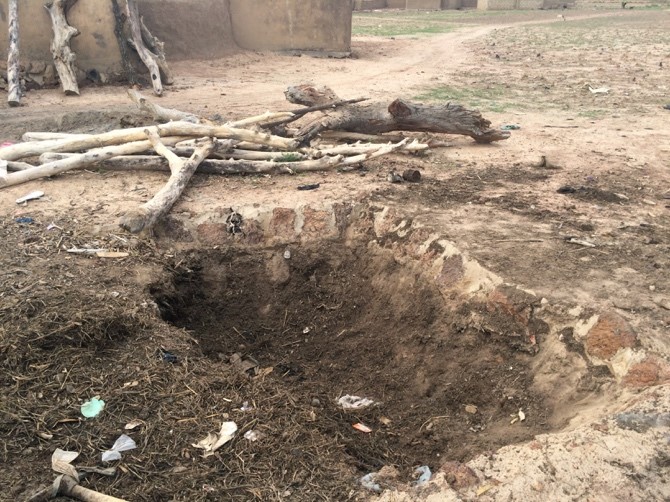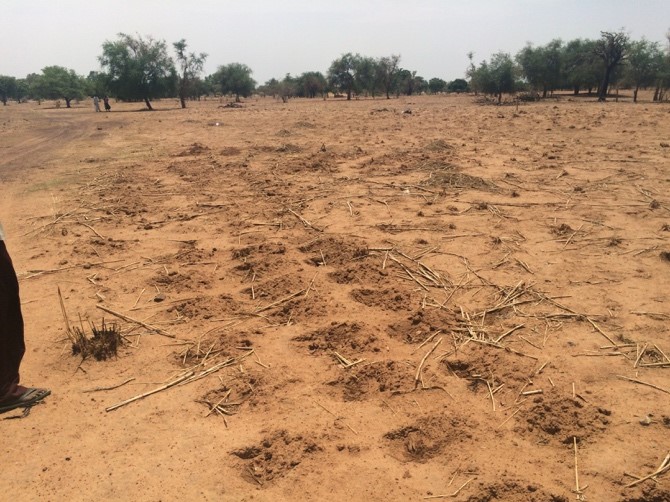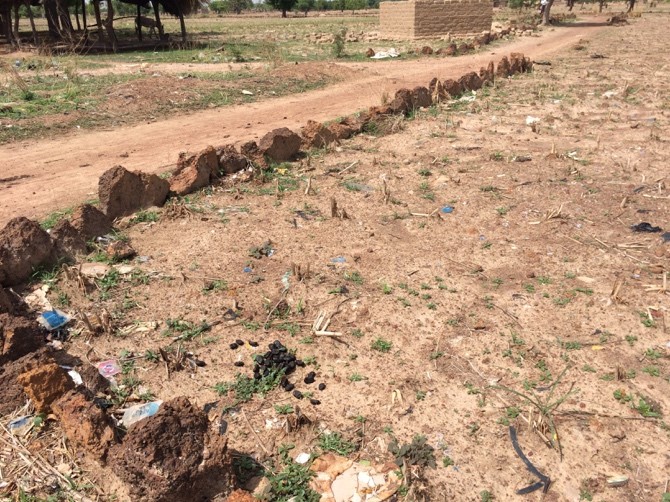Assessing and building resilience of smallholders in Burkina Faso
In collaboration with the Food and Agriculture Organization (FAO), we applied the FAO SHARP tool to assess the resilience of smallholders in Burkina Faso. The research period for this master thesis was from January to November 2016.
Objectives
- To identify the most important problems and frequency of disturbances that affect the smallholder communities in six villages located in three regions of Burkina Faso
- To assess the resilience of smallholders in those villages using the FAO SHARP tool
- To identify existing or potential innovative practices for building resilience in those villages
Research approach
In collaboration with the FAO, the SHARP tool was applied in smallholder communities. Literature review, field observations and interviews with smallholders and local experts provided information on existing or potential innovative practices for building resilience of smallholders.
Key findings
- Smallholders actively apply some innovative practices to address areas of low resilience. For example, smallholders throughout Burkina Faso construct zaï pits and stone bunds to improve the availability of water for agricultural production
- Greater collaboration among smallholders, local NGOs and authorities is needed to effectively build resilience in Burkina Faso. External (international) support has so far not initiated transformative processes that would yield in affordable innovative practices for smallholders.
Master thesis
Manuel Leuenberger: Download"Assessing and building resilience of smallholders in Burkina Faso" (PDF, 20.1 MB)vertical_align_bottom
Next steps
A second master thesis project is planned from September 2017. This project will continue the work on identifying innovative practices for smallholders.



